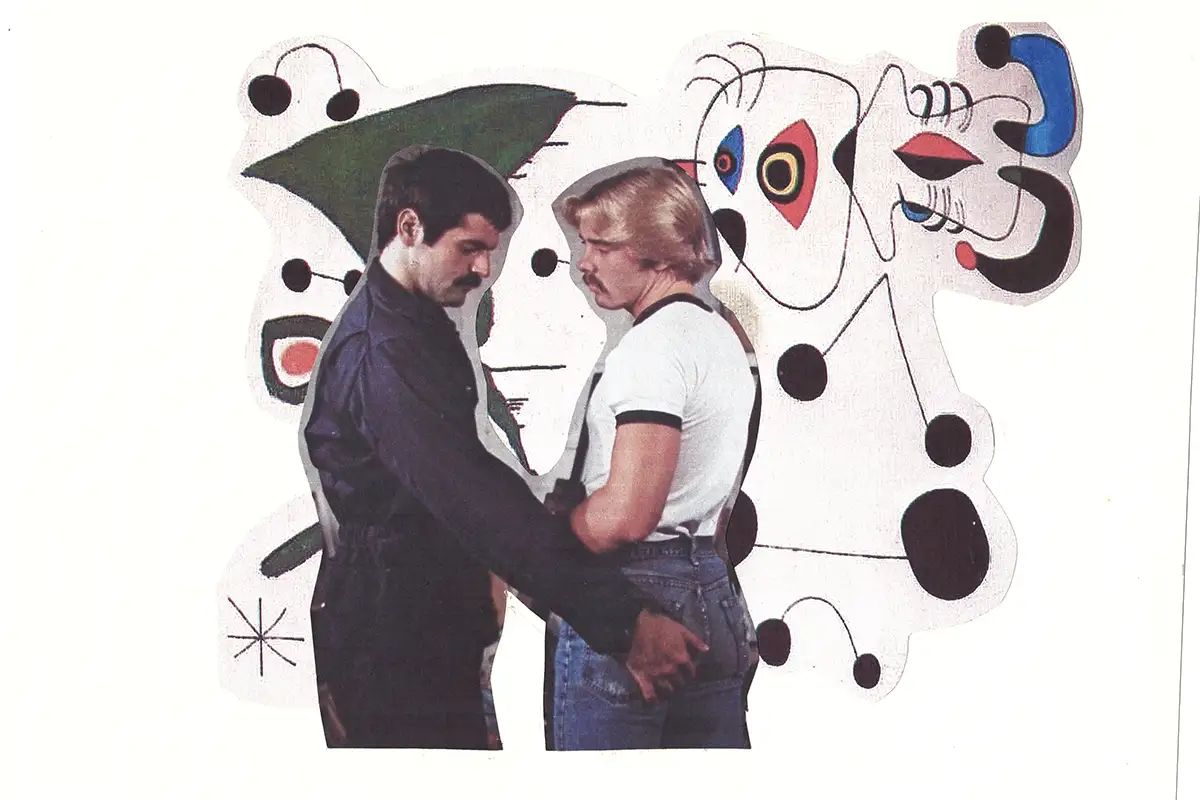Cancel culture is the market force’s latest attempt to annihilate the masses: a battle that has been going on since the Middle Ages
Transparency. A word that almost strikes fear
Today, when transparency is called for, we seem to assume a lack of honesty. It should be taken for granted and we want to keep it that way; for as long as it refers to practices of common sense and fairness. What we are demanding is transparency in messaging, in stories and narratives, in intentions, in advantages and benefits. Everything can and should be revealed. There is nothing hidden that will remain so. Even in cancel culture.
We should stop admiring the past. The Chateau de Versailles and the Duomo di Milano would never have been built; if rights — both human and labor — had always existed. Today, everyone produces in China because labor is cheaper there. Here, the question should be: why is it cheaper? No one should be buying a t-shirt for nine euros anymore. If we can buy something cheaply, it means that someone has been paid poorly for it.
How companies should communicate – cancel culture
If we spend 14,000 euros on a bag on Saint-Honoré, we want to — and we must — know for certain that at every single step, and with every single hand that has worked on the bag, workers have been paid fairly. Enjoying insurance protections; paid vacation and sick leave; safe working conditions; and the handling of raw materials treated without any chemical additives. Whether that be cotton thread free of fertilizers; nylon spinning free of the waste of ammonia; or bovine whose skins have been kissed by the sun and are free from intensive breeding. This is all that fashion houses — and companies in general — should be communicating, confirming and promising us. Instead, we are being bombarded with images of celebrities wearing plastic, sequined dresses.
We are humans, we are not numbers
Brands are built on messaging, on images not only designed with increasing turnover in mind. Revenue growth almost never coincides with brand positioning efforts to translate a successful business into a cultural reference. When revenue grows it usually means a company is monetizing its aspirational image, lowering its reputation for easy commercial presentation. It’s a balance, a never-ending cycle. There are times you sow and times you reap: if you are always reaping, the drought will surely come. We are humans, we are not numbers as many would like us to think. Criticism is an unavoidable step in the process of gaining momentum. Promotion is lost in a rhetoric that not only no longer convinces us, but also bores us. Adjectives are of no use to us anymore. What we need to reinvent, in this wounded world, is lightness, is irony.
We feel anger towards ironic sentences, we condemn to hell those who use them mistakenly. JK Rowling was accused of offending the dignity of transgender men and women — who wish to be identified as such — when she wrote, ‘People who menstruate. I’m sure there used to be a word for those people. Someone help me out. Wumben? Wimpund? Woomud?’ Besides remembering some basic mathematical notions of Set Theory from school, Ms Rowling knows how to use irony.
Freedom of speech also becomes freedom of irony – cancel culture
The only text in which we bow to a total absence of irony is the Gospel. It speaks of a man who is God, not a common one. The common man must possess irony, as the endowment of intellect that largely composes his intelligence. Thus, freedom of speech also becomes freedom of irony — which will always be permissible; as long as it does not invoke upon the dignity of others.
I think that the most up-to-date definition of ignorance might be the ability to find offense in irony. In which case, ignorance becomes synonymous with susceptibility, touchiness, and an ease to anger, to irritation. Freedom of speech has become freedom of insult — continuous and constant, perennial and reciprocal. This freedom of insult finds space in a digital world to which we have decided to expose ourselves. The algorithm used by Meta applications proved to be mathematically based on a precise human instinct: envy. We expose ourselves on our personal media channels. Personal because they bear our name, not because they belong to us; so that others may feel envious of our experiences.
The human desire to make others disappear – cancel culture
However, with just one misstep — be it hellish or ridiculous — envy turns to hate, it’s legitimate reactive nature. Insults become condemnations without the possibility of appeal. They incite our human desire to make others disappear. To erase them, when all we really need to do is to respond with a simple gesture. To delete our accounts, live our lives, and earn the money we work hard for. Malaparte once said that man on his throne is hideous.
He continued that man is acceptable only when he stumbles, falls and humiliated. When he struggles to get up, and then when he smiles again. Let’s be a bit more private — it might not be so bad; it might be quite enjoyable. Every success seems to be based solely on numbers. Instead I think that every success is in the private process itself. What matters is the mark you leave, what you write about, and who you Love. I don’t need the feedback of others: the only words that will ever matter are yours, my Love.
Lampoon Issue 25 – The Transparency Issue
Out worldwide on March 23rd
You can buy it online at Lampoon / Prototipo Store




















